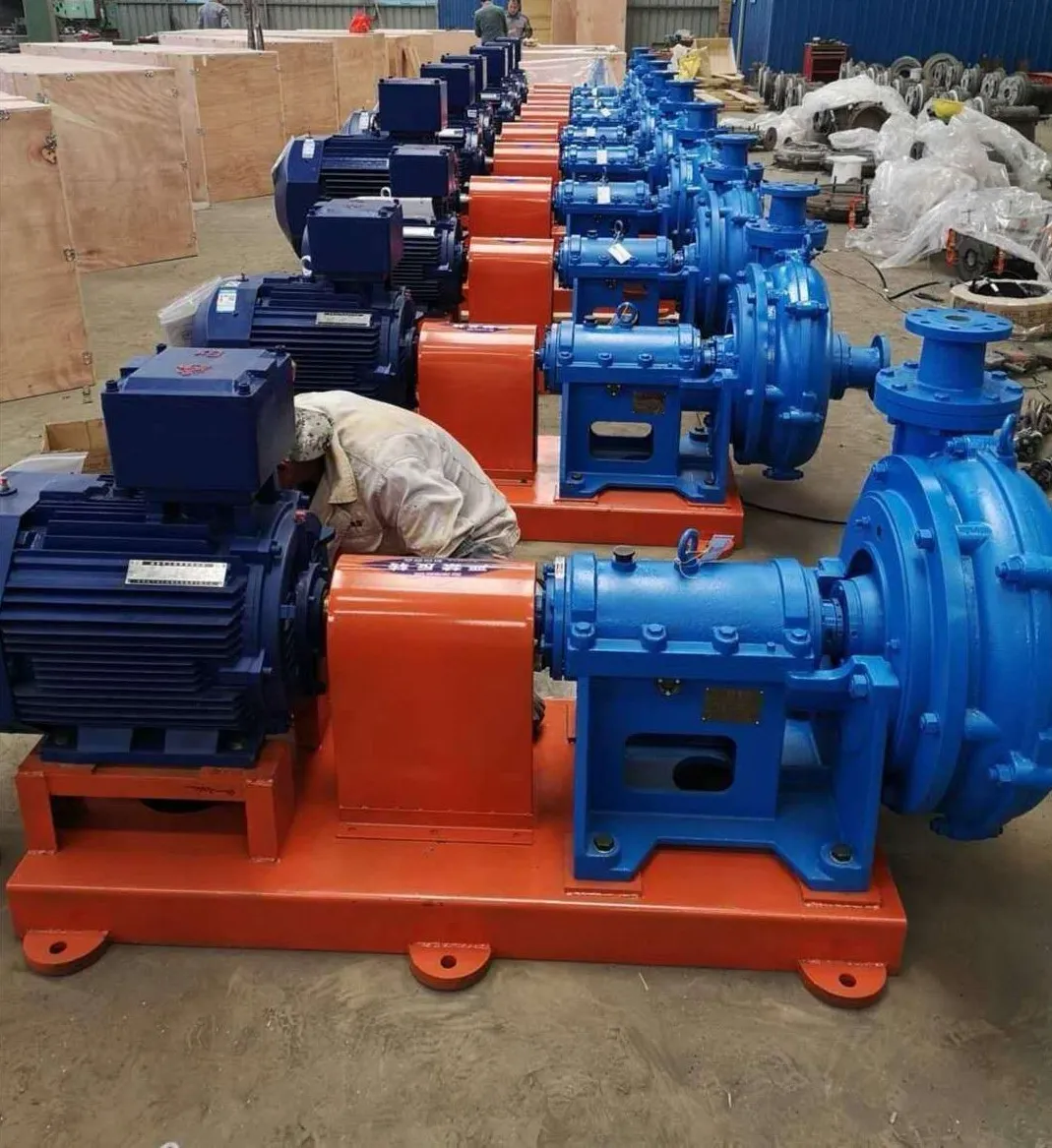Cebuano
- Afrikaans
- Albanian
- Amharic
- Arabic
- Armenian
- Azerbaijani
- Basque
- Belarusian
- Bengali
- Bosnian
- Bulgarian
- Catalan
- Cebuano
- Corsican
- Croatian
- Czech
- Danish
- Dutch
- English
- Esperanto
- Estonian
- Finnish
- French
- Frisian
- Galician
- Georgian
- German
- Greek
- Gujarati
- Haitian Creole
- hausa
- hawaiian
- Hebrew
- Hindi
- Miao
- Hungarian
- Icelandic
- igbo
- Indonesian
- irish
- Italian
- Japanese
- Javanese
- Kannada
- kazakh
- Khmer
- Rwandese
- Korean
- Kurdish
- Kyrgyz
- Lao
- Latin
- Latvian
- Lithuanian
- Luxembourgish
- Macedonian
- Malgashi
- Malay
- Malayalam
- Maltese
- Maori
- Marathi
- Mongolian
- Myanmar
- Nepali
- Norwegian
- Norwegian
- Occitan
- Pashto
- Persian
- Polish
- Portuguese
- Punjabi
- Romanian
- Russian
- Samoan
- Scottish Gaelic
- Serbian
- Sesotho
- Shona
- Sindhi
- Sinhala
- Slovak
- Slovenian
- Somali
- Spanish
- Sundanese
- Swahili
- Swedish
- Tagalog
- Tajik
- Tamil
- Tatar
- Telugu
- Thai
- Turkish
- Turkmen
- Ukrainian
- Urdu
- Uighur
- Uzbek
- Vietnamese
- Welsh
- Bantu
- Yiddish
- Yoruba
- Zulu
Telephone: +86 13120555503
Email: frank@cypump.com
Dis . 07, 2024 16:50 Back to list
industrial chemical pumps
Industrial Chemical Pumps Essential Equipment for the Chemical Industry
In the realm of industrial operations, chemical processing plays a pivotal role in numerous sectors, such as pharmaceuticals, petrochemicals, food and beverage, and water treatment. A critical component in these processes is the chemical pump, designed specifically to transport various chemical substances safely and efficiently. This article delves into the importance of industrial chemical pumps, their applications, types, and key considerations for selection and maintenance.
Chemical pumps are integral to the transportation of fluids, including corrosive, viscous, and hazardous materials. The ability to move these substances effectively is crucial for maintaining operational efficiency within a facility. These pumps are engineered to withstand the harsh conditions associated with chemical handling, ensuring safety and reliability in processes that involve volatile or toxic materials. Their design often includes specialized materials that resist corrosion and wear, which ultimately extends the life of the pump and reduces maintenance costs.
Applications of Industrial Chemical Pumps
The application of chemical pumps spans various industries. In the pharmaceutical sector, precision is required for moving active ingredients, solvents, and other materials without contamination. Here, diaphragm pumps and peristaltic pumps are often favored due to their ability to handle sensitive fluids with minimal risk of cross-contamination.
In petrochemical facilities, centrifugal and twin-screw pumps are commonly used to manage the movement of crude oil, refined products, and chemical additives. These pumps are designed for high flow rates and can handle the high pressures typical in oil extraction and refining processes.
Water treatment plants also rely heavily on chemical pumps for dosing chemicals such as chlorine and coagulants. Proper dosing is essential to ensure the water meets safety and quality standards before it reaches consumers.
Types of Chemical Pumps
industrial chemical pumps

When it comes to industrial chemical pumps, several types can be considered, each with its own advantages and suitability based on the specific application
1. Centrifugal Pumps These are the most common type of chemical pump used for fluids that are less viscous. They utilize a rotating impeller to increase the fluid's velocity and direct it to the discharge pipe. Centrifugal pumps are suitable for a wide range of chemicals and are known for their efficiency in moving large volumes.
2. Positive Displacement Pumps This category includes diaphragm pumps, gear pumps, and screw pumps. These pumps are ideal for handling viscous fluids and provide a constant flow rate regardless of the system pressure. They excel in applications requiring precise dosing and are often used in the food and pharmaceutical industries.
3. Peristaltic Pumps These are widely used for sanitary applications and have the advantage of minimal contact with the fluid being pumped. They work by compressing a flexible tube, pushing the fluid through as the tube relaxes.
Considerations for Selection and Maintenance
Selecting the right chemical pump requires careful consideration of several factors, including the type of fluid being pumped, the required flow rate, the system pressure, and the compatibility of pump materials with the chemicals. Furthermore, maintenance is crucial to ensure their longevity and reliability. Regular inspection, preventive maintenance, and timely repairs can prevent catastrophic failures and substantial downtime, which can be costly in industrial settings.
In conclusion, industrial chemical pumps are fundamental to the safe and efficient functioning of various processing industries. By understanding the different types available and their respective applications, industry professionals can make informed decisions to enhance operational efficiency, adhere to safety standards, and ultimately contribute to the smooth running of their facilities. Proper selection and maintenance of these pumps will not only prolong their life but also ensure the safety and efficiency of chemical processes.
-
Custom Drilling Mud and Slurry Pump Supplier - High Efficiency, Tailored Solutions
NewsJun.10,2025
-
Supply Vertical Submersible Sewage Pump High-Efficiency WQ/QW Pumps Supplier
NewsJun.10,2025
-
Premium Sewage Ejection System & Pumps Efficient Waste Removal
NewsJun.09,2025
-
Premium Wholesale Slurry Pump Impellers Durable & Efficient Slurry Handling
NewsJun.09,2025
-
Top Sewage Pump Companies Durable Industrial Solutions for Efficiency
NewsJun.09,2025
-
Heavy Duty Slurry Pumps - OEM High Performance & Bulk Wholesale
NewsJun.09,2025










